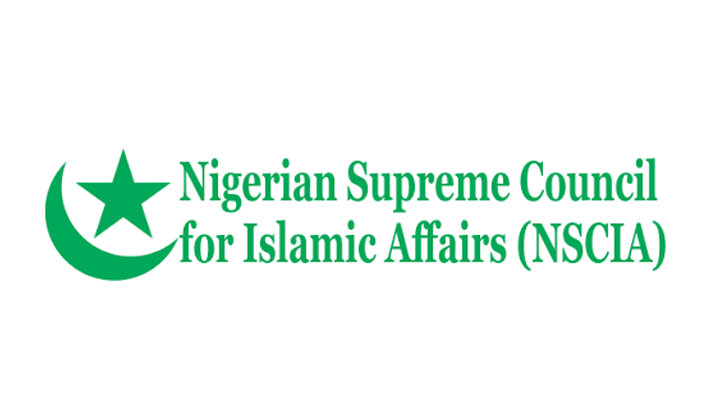November 10, 2025
By Ayinde Adeleke
The debate over alleged persecution of Christians in Nigeria intensified over the weekend, as the Nigerian Supreme Council for Islamic Affairs (NSCIA) and the Pentecostal Fellowship of Nigeria (PFN) publicly disagreed on the characterization of recent killings and insecurity in parts of the country.
Speaking at a press conference in Abuja on Sunday, the Secretary-General of the NSCIA, Prof. Is-haq Oloyede, dismissed claims of “Christian genocide” as unfounded and politically motivated. He said some Western media organisations and foreign political interests were promoting what he described as a misleading narrative in order to create religious tension and destabilise Nigeria.
According to Oloyede, the security challenges affecting communities across the country — including kidnapping, banditry, and terrorism — have claimed victims from both Christian and Muslim populations. He argued that framing the crisis as a targeted religious extermination was inaccurate and dangerous.
“The allegation of Christian genocide is not only false but also inflammatory,” he said.
“It is a narrative being pushed to heighten division, provoke distrust, and serve certain political agendas. Nigerians, whether Muslims or Christians, are victims of the same insecurity. No religion has a monopoly of victimhood.”
Oloyede urged religious leaders to avoid statements that could inflame sentiments and instead collaborate to promote peace, interfaith dialogue, and national cohesion.
However, the President of the Pentecostal Fellowship of Nigeria (PFN), Bishop Wale Oke, maintained that Christians are indeed being targeted in several parts of the country. Speaking during a visit to the Olubadan of Ibadan, Oba Rashidi Ladoja, in Ibadan over the weekend, Oke insisted that the pattern of attacks on churches and Christian communities showed clear signs of religious persecution.
“There is Christian genocide in Nigeria,” Oke said.
“There is no other name to call it. No Christian group is attacking Muslims. The patience of the Church is being stretched. We are appealing for intervention before things get out of hand.”
He called on the Federal Government to strengthen security in rural communities, particularly in states where attacks on worship centres and farming settlements have been reported.
The divergent statements come amid ongoing concerns over insecurity in several regions, especially in the North-West and North-Central, where armed groups have carried out attacks on villages, displaced residents and disrupted farming and economic activities.
Security analysts and civil society organizations have repeatedly warned that framing the crisis along religious lines could escalate tensions and complicate efforts aimed at addressing the root causes, which include weak policing, porous borders, economic pressure, and the proliferation of illegal arms.
